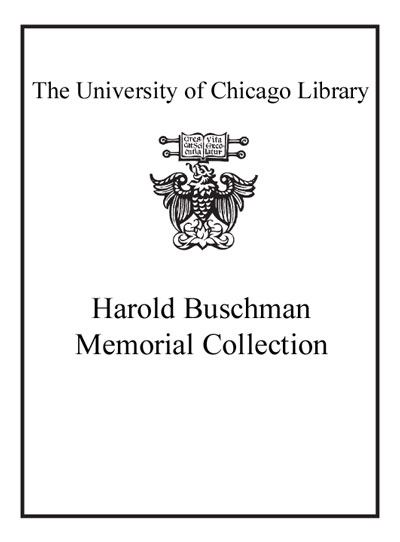| Summary: | "Founded at the beginning of the twelfth century on the outskirts of Paris, the Parisian school of Saint-Victor soon became an intellectual centre on a European scale: through the international recruitment of its masters, [Hugh, Achard, Richard, Andrew, Godfrey, Thomas Gallus and many others] ; through the wide handwritten dissemination of their works, in particular those of Hugh and Richard; and finally through the extent of its doctrinal contribution to a common European culture, on a large number of points: the importance of acquiring a "general culture"; the need for a rigorous historical approach to biblical texts, open to rabbinic exegesis; a contagious interest in the writings and thought of the pseudo-Dionysius Areopagita; a major contribution to the constitution of a theological discipline; an effort to reconcile fervour in spiritual life and psychological finesse in the analysis of contemplation and its stages. In short, a curiosity for all fields of knowledge and, at the same time, an effort to unify them into a universal and unified wisdom. The Book gathers new studies on original sources concerning Hugh of St. Victor, as the intellectual founder of the Victorine school; several of his Victorine brothers and disciples: Richard, Achard, Andrew, Godfrey, Absalon, up to late and little known Victorine masters as Pierre Leduc and Henri le Boulangier, at the time of the Great Schism (with critical edition of inedited texts); their influences on twelfth century texts as Ysagoge in theologiam or Speculum Ecclesiae, on Franciscan authors including Antony of Padua, Bonaventure, Rudolf of Biberach, and Duns Scotus, on romance literature of troubadours, on Carmelite authors of the sixteenth century and - a still uncharted territory - on Polish culture from the Middle Ages to contemporary times."--
|
|---|

